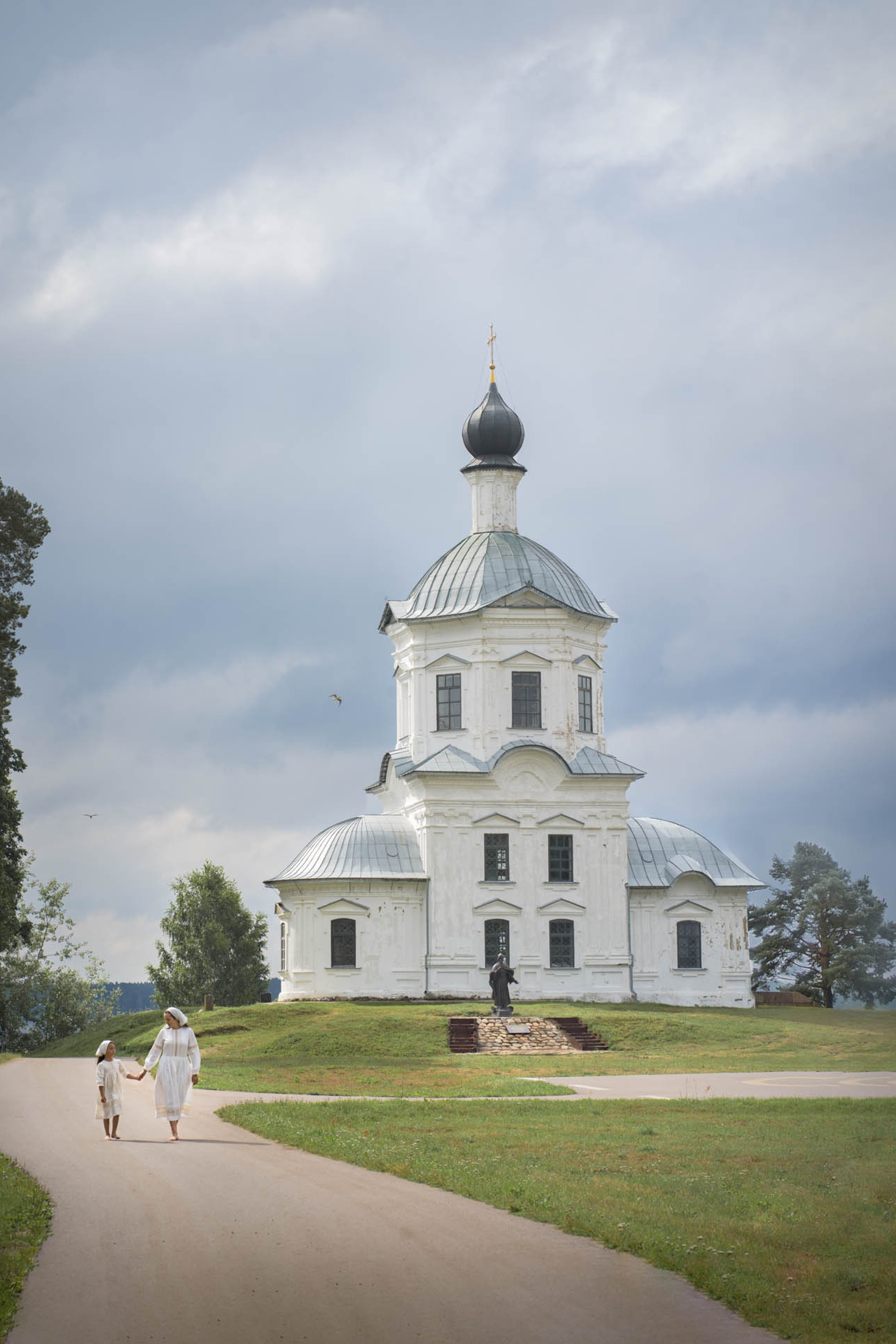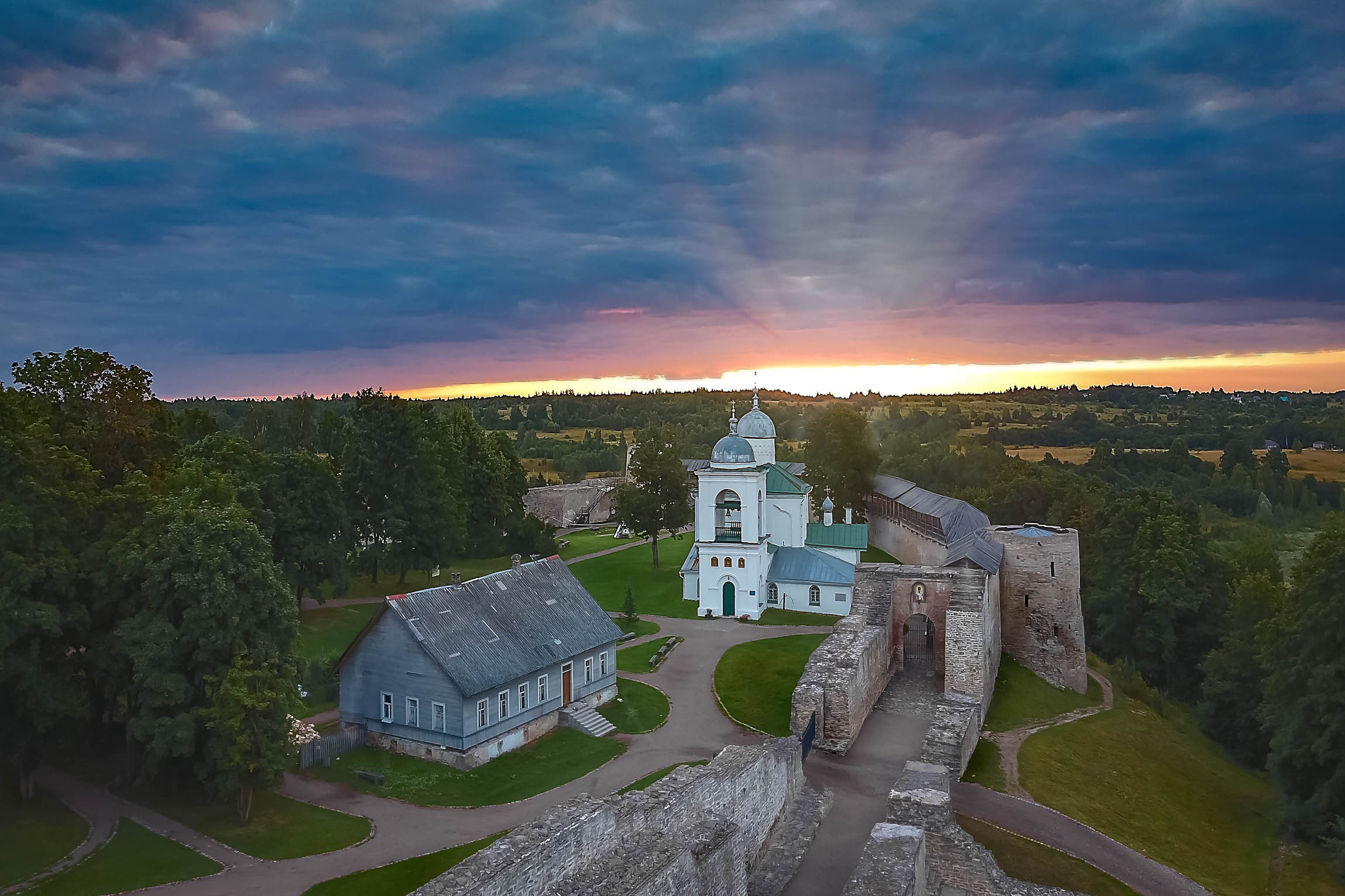Izborsk (Pskov region) — one of the oldest Russian cities, first mentioned in 862 y. in “Tales of bygone Years”.
The city was originally called Slovensk, after its founder Sloven, the son of the legendary Novgorod posadnik Gostomysl, later in honor of his son Izbor.
Izborsk was captured twice by the Germans in 1233 and in the summer of 1240. The Pskov people drove out the German knights only after the victory of the Alexander Nevsky troops on the ice of Lake Peipsi in 1242.
At the beginning of the XIV century, in order to strengthen the settlement, in a new place, 1.5 km from the old one, the citizens built a new fortress, at first a wooden one, which was rebuilt into a stone one later.
This fortress withstood at least eight sieges of Livonians, Germans, Poles and newer was taken by the enemy from the middle of the XIV to the beginning of the XVI centuries. The German poet Peter Suchenwirth, who took part in the military operations of the Livonian Order, named the Izborsk “iron Town”.
This fortress was taken only once, by the Polish army in 1569 because of the betrayal of three defectors. But the Poles held the city no more than two weeks. Izborsk was recaptured by the army of Ivan IY (the Terrible).
Izborsk fortress of the XIV century is located on the Zheravy Mountain. It is one of the oldest well-preserved fortresses in the north-west of Russia. The area of the territory enclosed by the fortress walls is 2.4 hectares, the total length of the stone walls is 850 meters, the thickness of the walls reaches 3 meters.
The ensemble of the Izborsk fortress includes towers: Kolokolnaya, Lukovka, Talavskaya (Ploskushka), Vyshka, Ryabinovka, Darkushka. The fortress walls were reconstructed, an observation deck was built on the Onion Tower.
The film “Andrey Rublev” was shot in Izborsk in 1966.
I have just started using a drone, but I am already delighted with the opportunity to see wonderful architectural structures surrounded by nature from a height.
We were in this city for a very short time. I really want to go back there, live for a few days, delve even more into the history of the country, understand it. “From here there is a Russian land gone.”
Source: Музей-Заповедник Изборск
Фотопутешествия
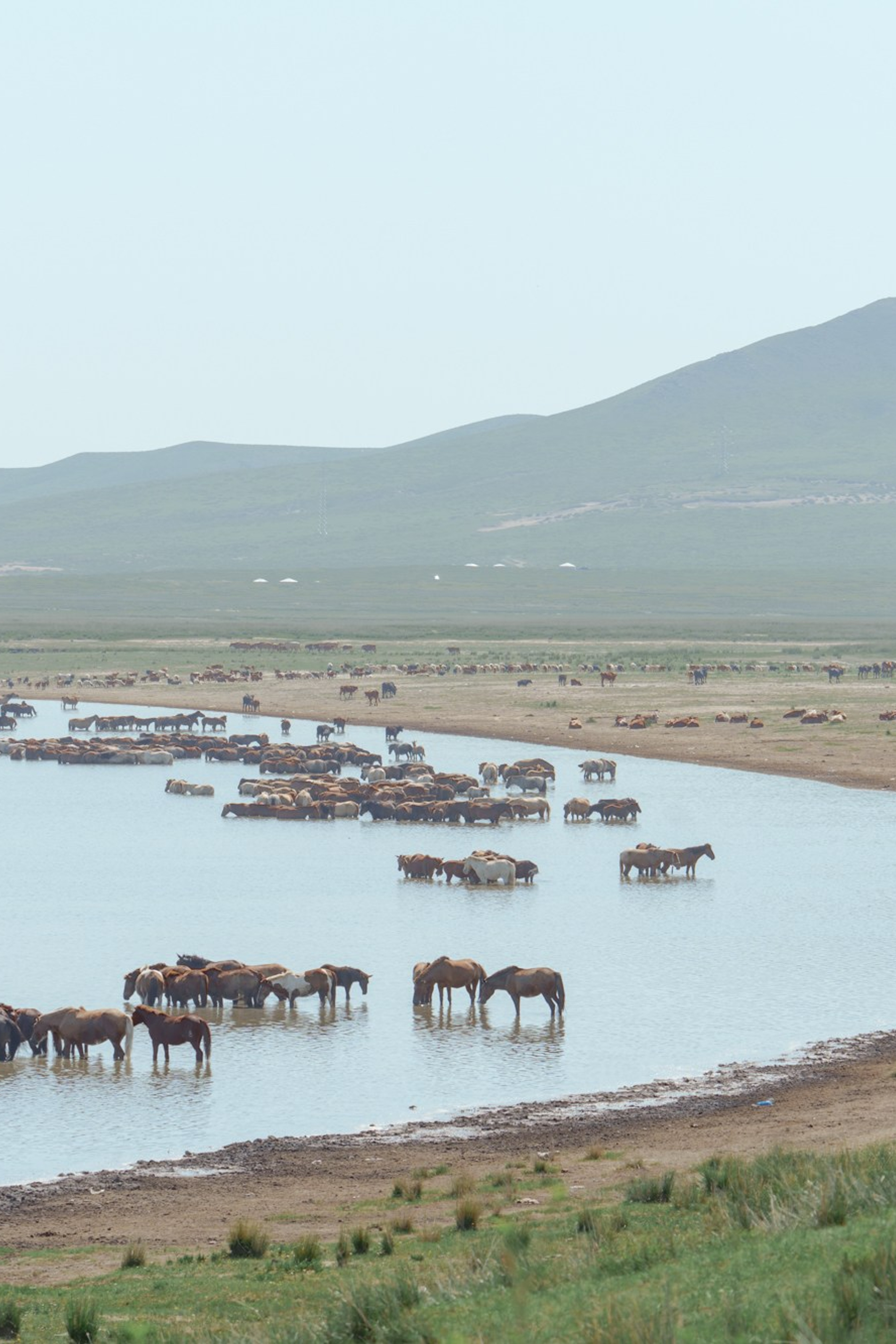
Mongolia
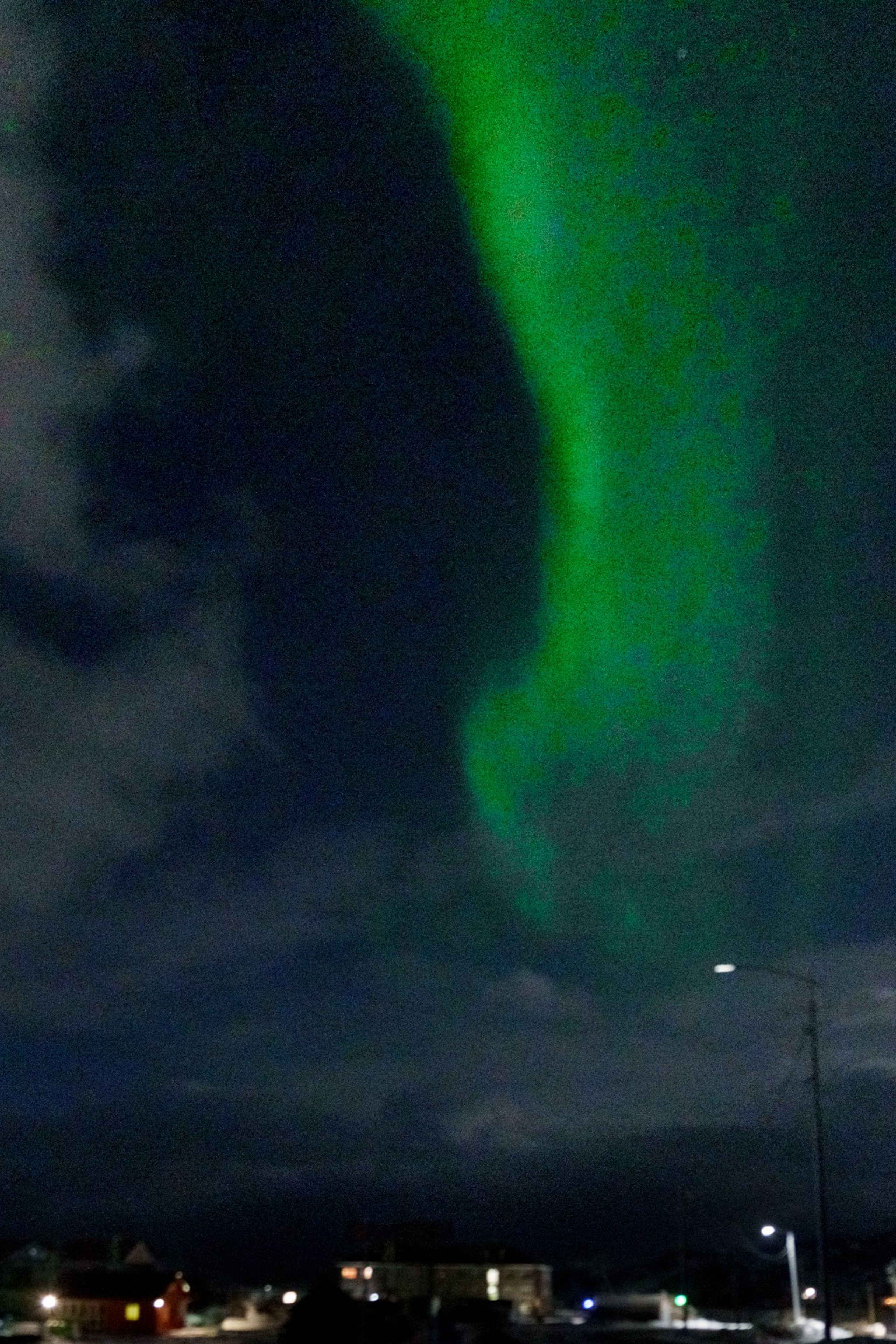
The Arctic Dream
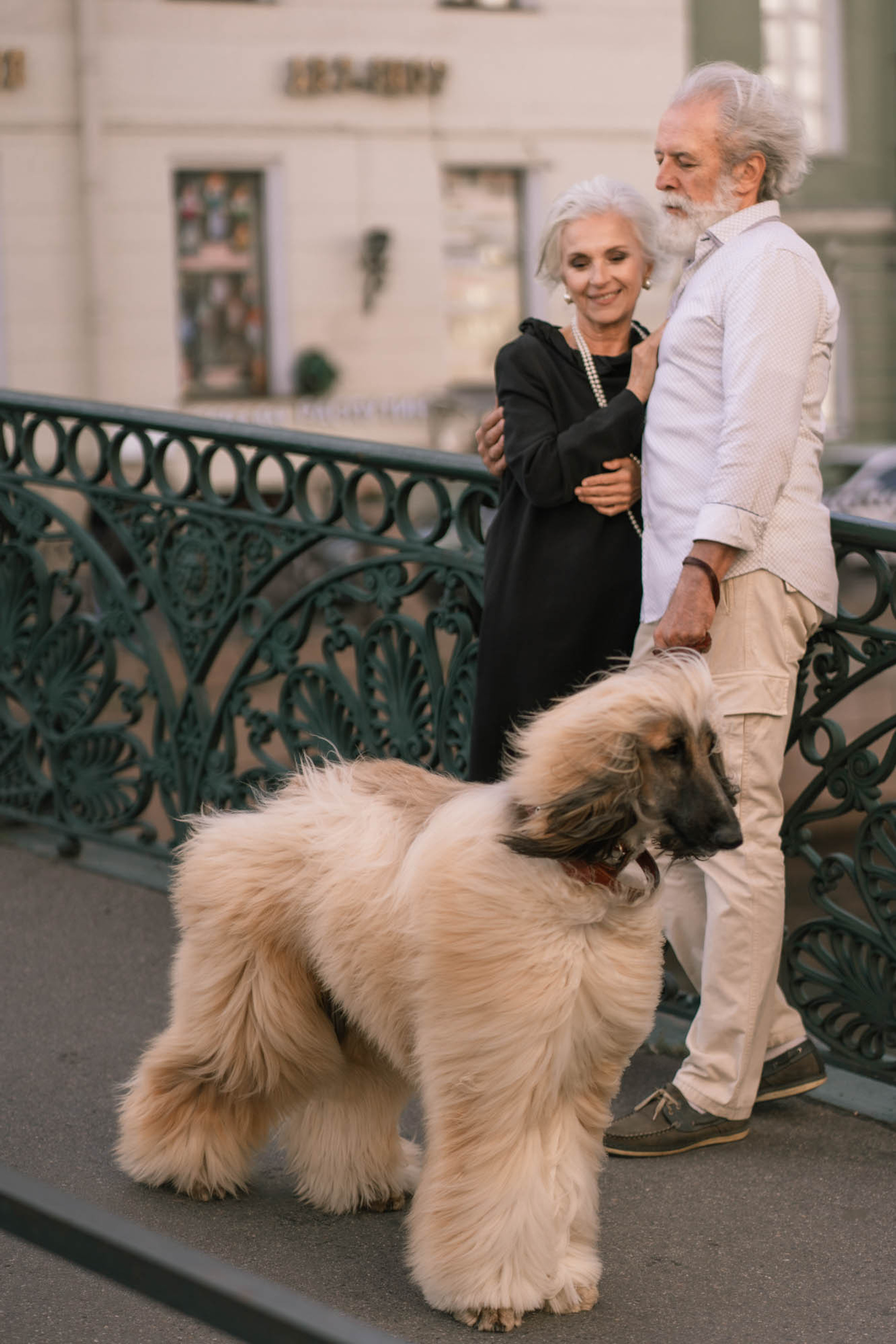
Magic Petersburg
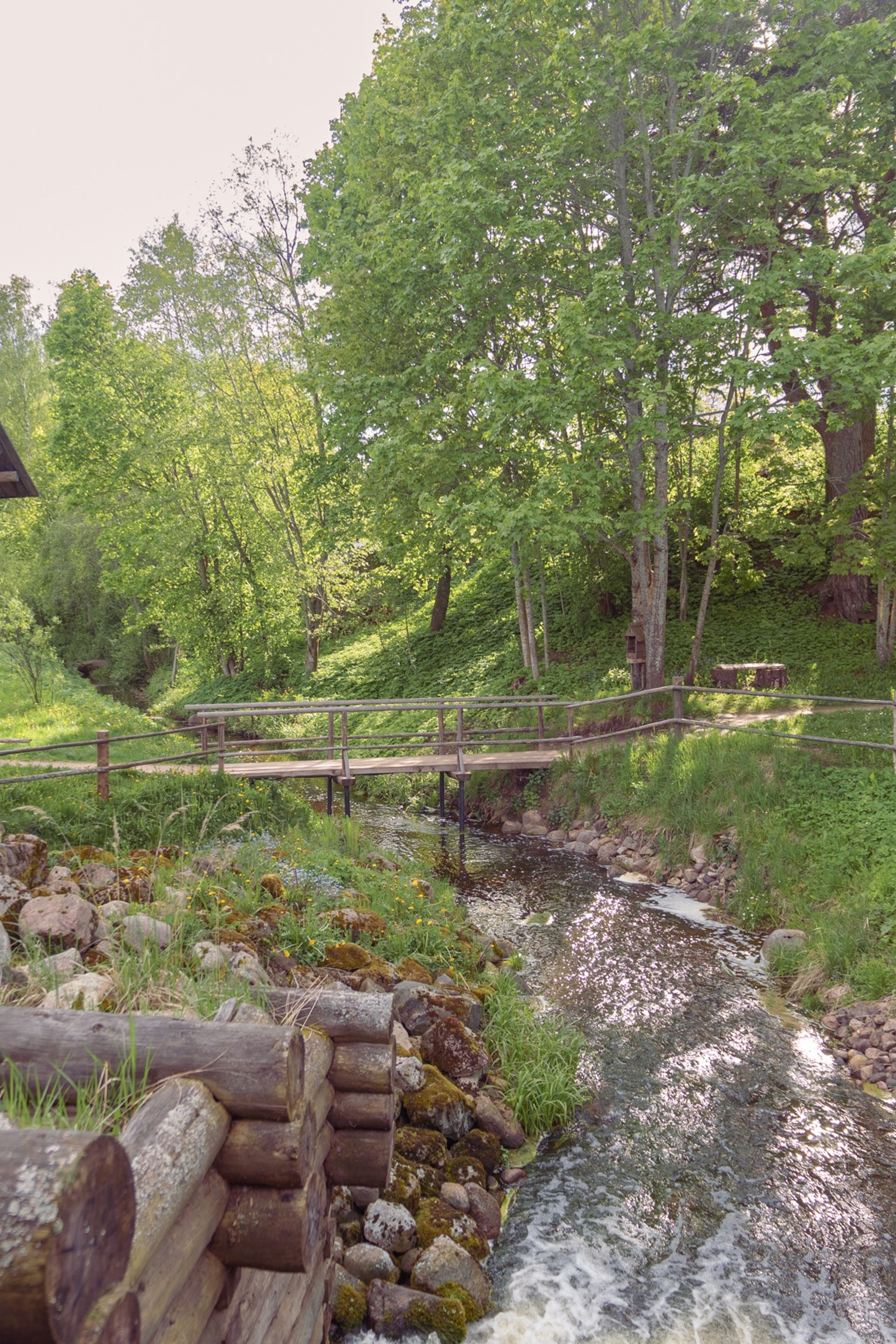
Pushkinskiye Gory

Gold of the Chui Tract
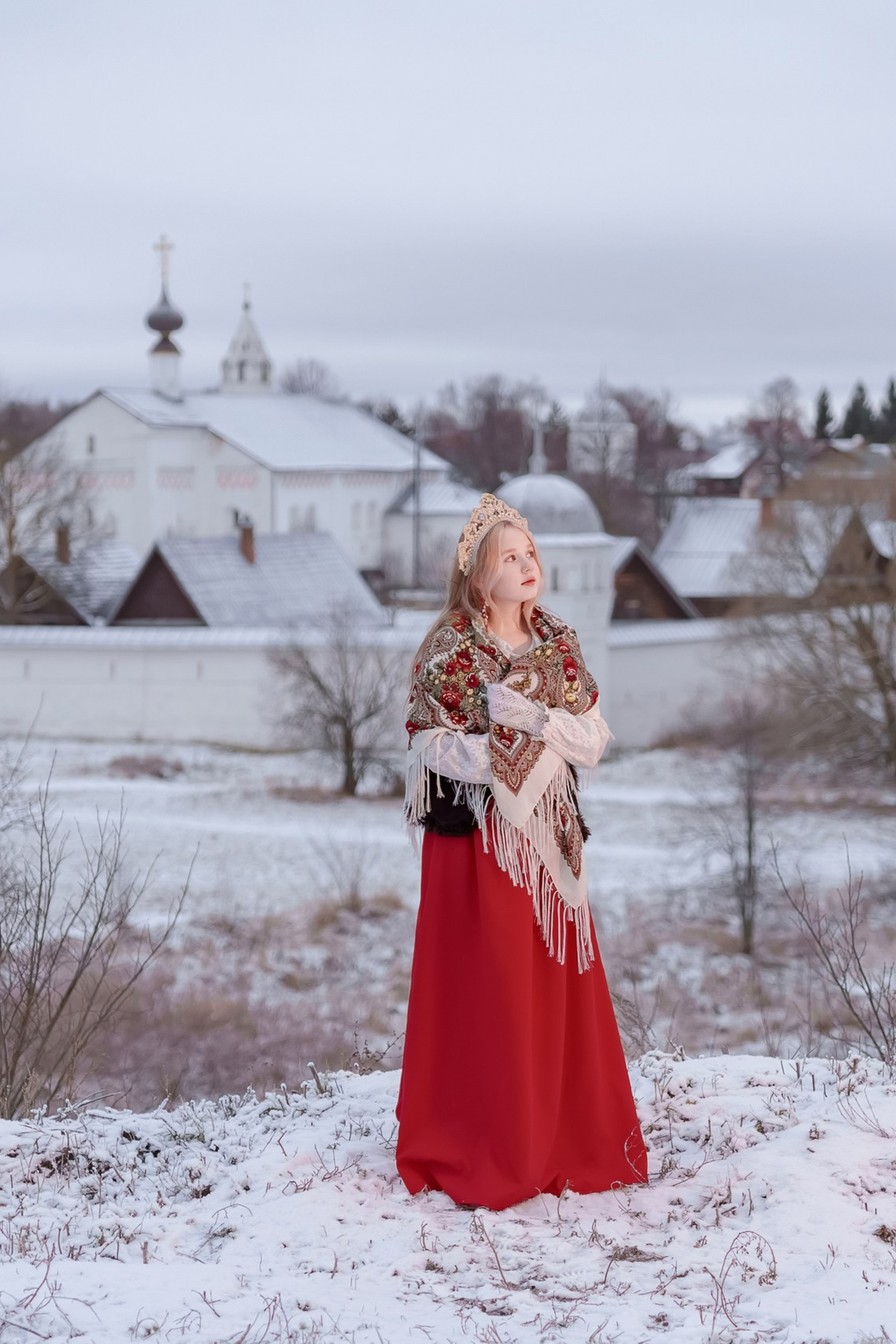
The charm of Suzdal: Photo shoot in Russian folk costumes
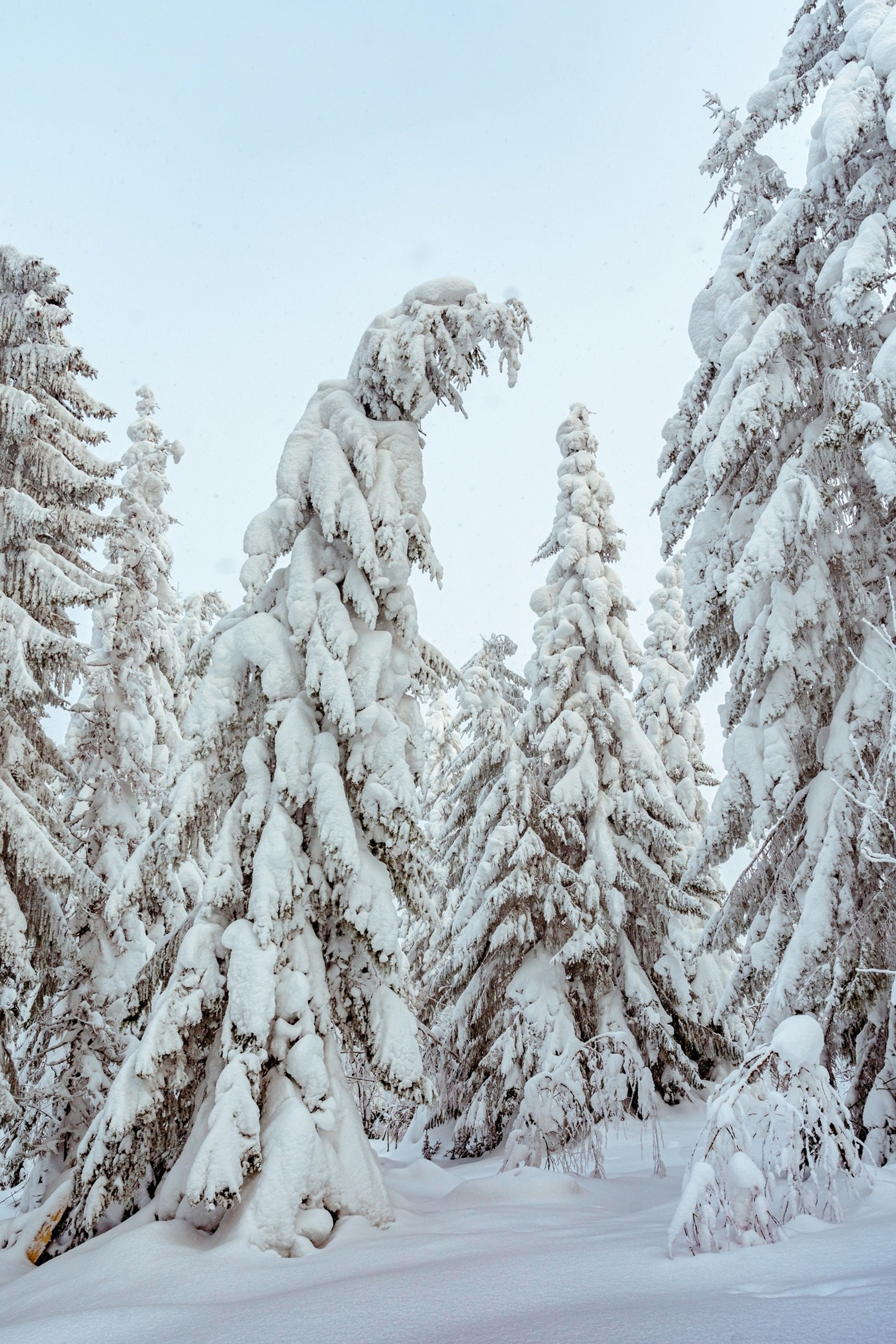
Зимняя сказка Пермского края
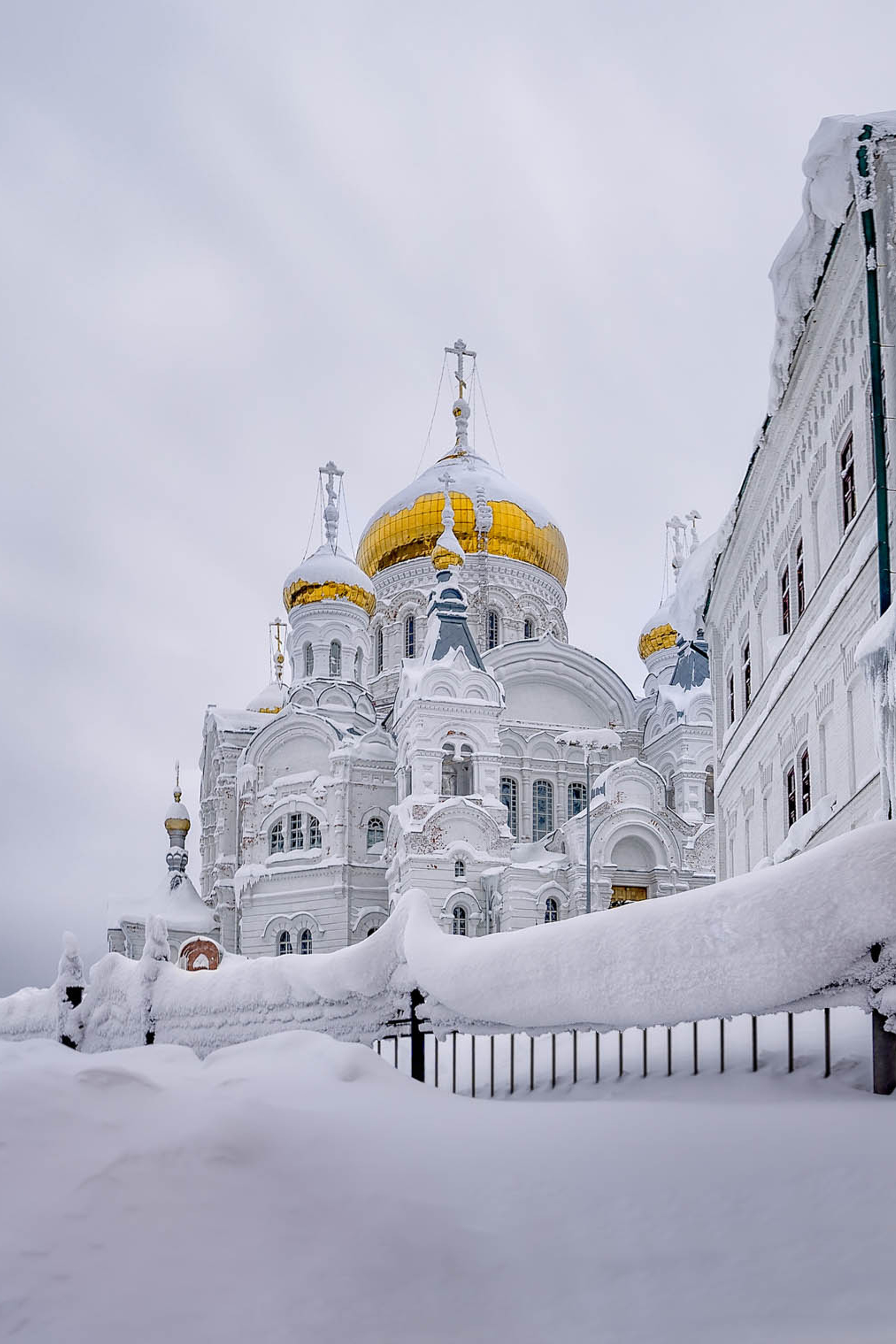
Holy Cross Cathedral of the monastery on the White Mountain
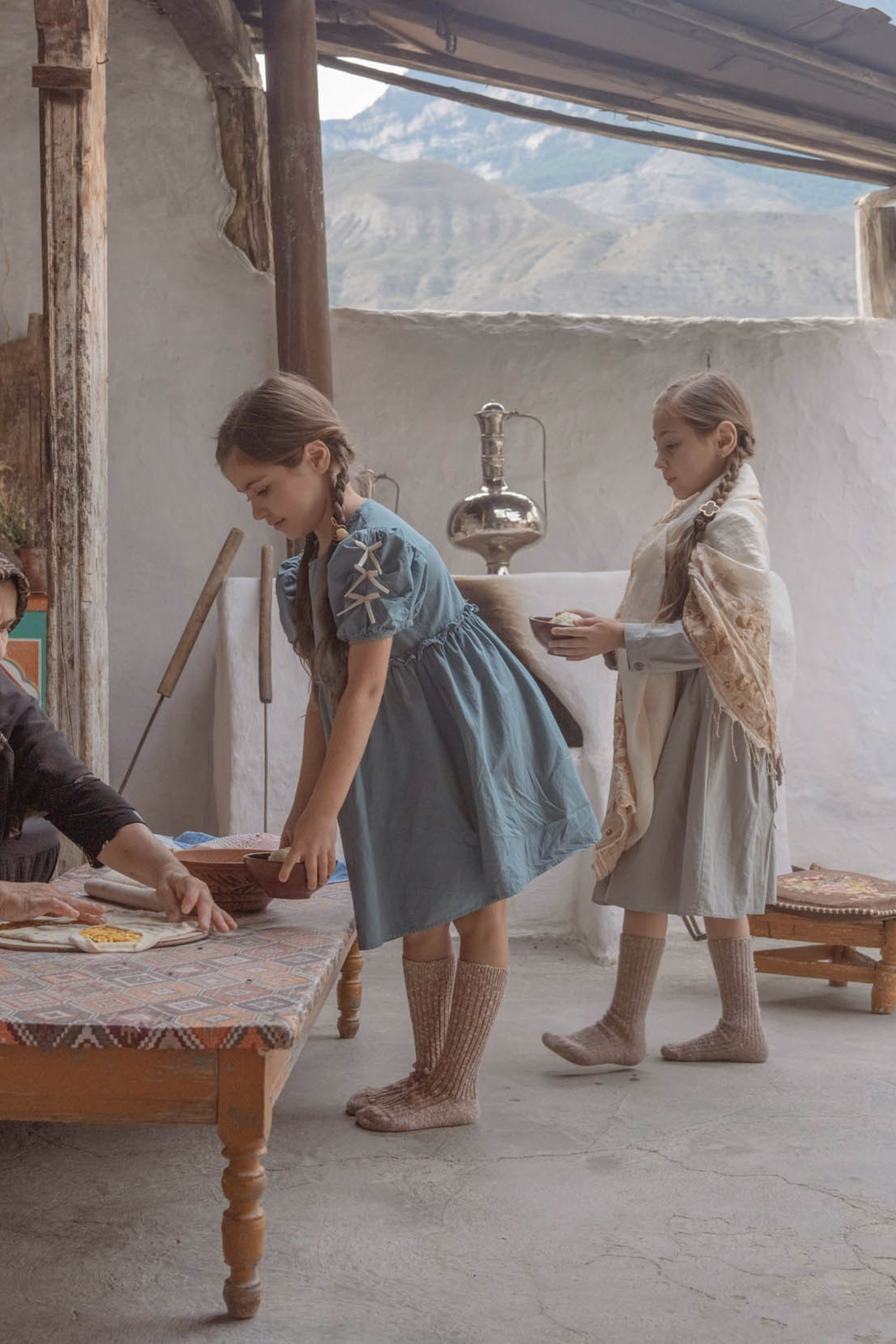
Выпечка хлеба, Дагестан
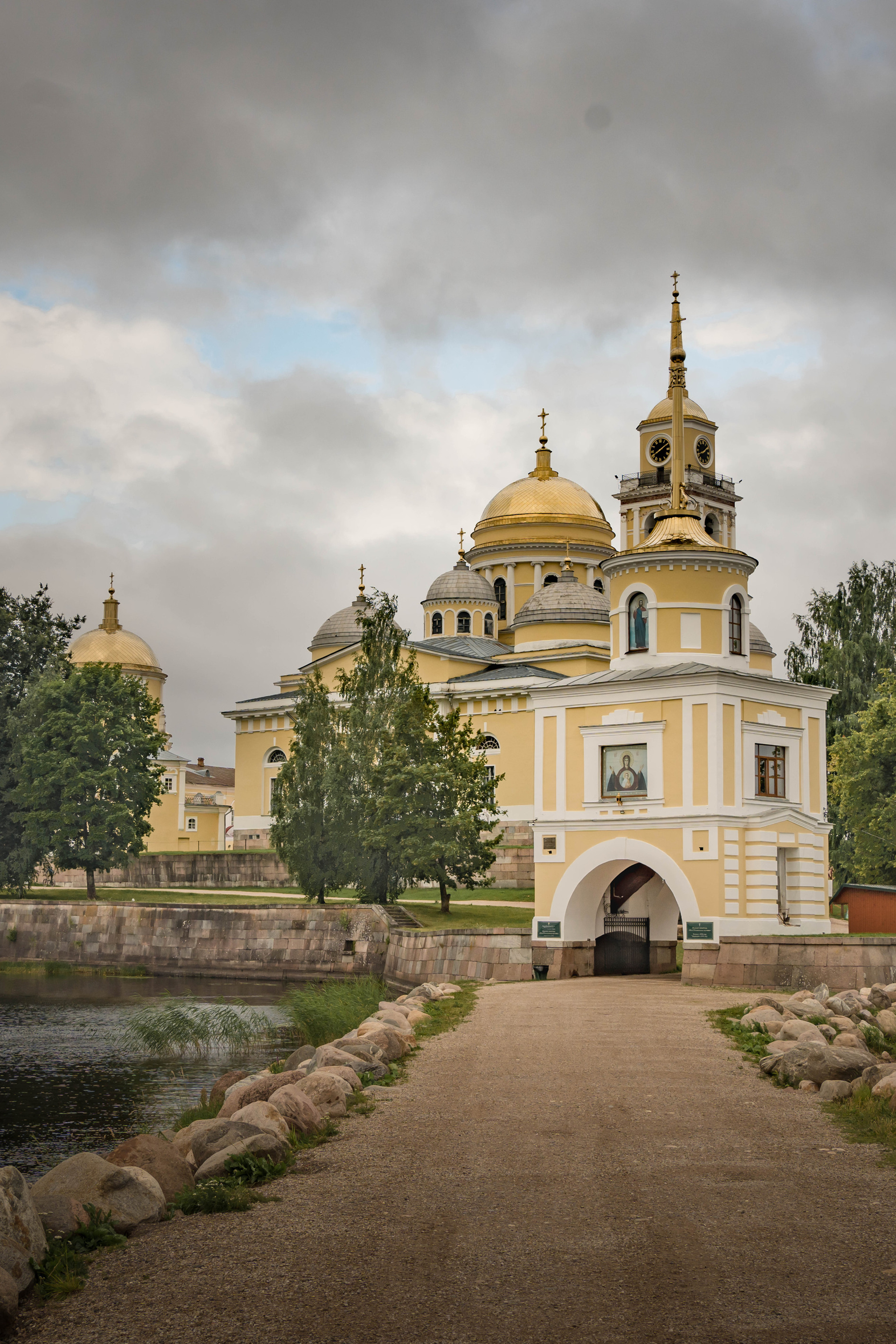
Nilov Monastery at Stolobny Island
